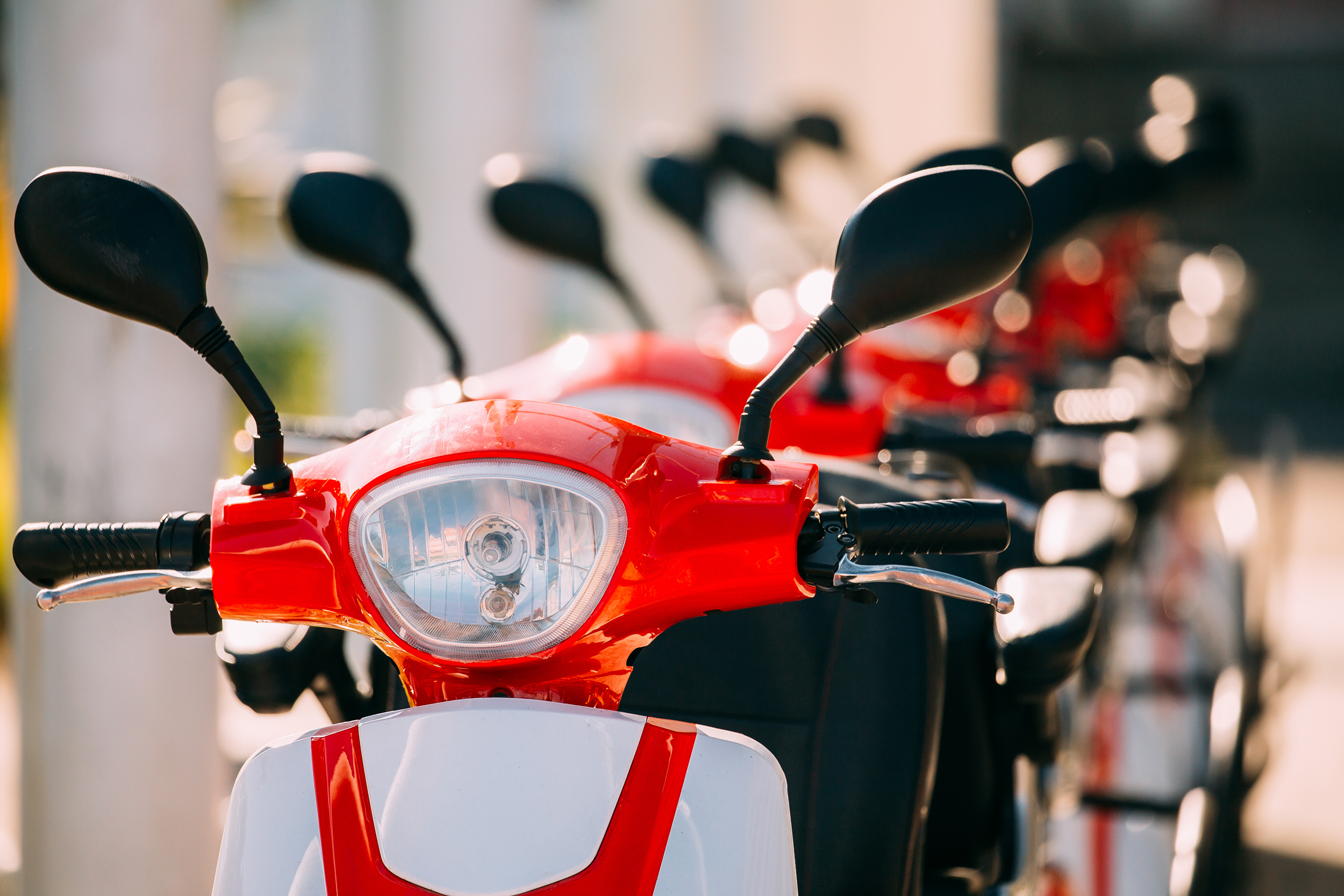Blog | 26 September 2023
An e-scooter is not a toy

Emergency room doctor Dr. Silvia Barrero Martín, affiliated with the Doce de Octubre hospital in Madrid, led the largest Spanish study into the dangers of e-scooters. ‘You can’t blame everything on the vehicles.’ In just a few years, the e-scooter has become a very popular mode of transport in Spain. Over half a million are in circulation in the country. A significant seven percent of Spanish households own one.
But with the e-scooters came the accidents. In 2021 and 2022, eighteen people died in e-scooter-related accidents in Spain. The number of injuries is in the many hundreds.
An interview with Dr. Silvia Barrero Martín Emergency room doctor, Doce de Octubre hospital in Madrid.
You conducted large-scale research on the consequences of accidents involving e-scooters. Why was this necessary?
‘In 2018, we saw a sharp increase in the number of people admitted after accidents with e-scooters. These ranged from a wide array of fractures to other injuries. Some of these were severe. I increasingly needed advice and help from specialized doctors in the traumatology department who deal with the most complicated traumas. That’s when you know something’s up.’
Many Spaniards believe e-scooters are the most dangerous vehicles on the road. Are they right?
‘You can’t solely blame a vehicle for accidents. The user of the vehicle, their age, and experience also play a role. Weather conditions matter. In a car with air conditioning, you can drive comfortably at 37 degrees Celsius, but on an e-scooter, such high temperatures can affect your reaction time.’ ‘It’s also important to consider whether roads are designed for e-scooter usage. If e-scooters remain a part of our traffic, which seems likely, it’s time to consider if road layouts need to change or if separate lanes for e-scooters might be beneficial.’

‘E-scooters are so popular, banning them is almost impossible. But they can be used more safely.’
- Dr. Silvia Barrero Martín
Would better integrating e-scooters into traffic solve the problem?
‘More is needed. People not wearing helmets sustain more severe injuries. Wearing a helmet on an e-scooter is mandatory, but many young people ignore this, and there’s little enforcement.’ ‘Additionally, it’s a good idea to remind people regularly that they’re using a mode of transport and are participating in traffic. An e-scooter is not a toy, even if it might look like one.’
If you were in charge for a day in Spain, what decision would you make regarding e-scooters?
‘As a doctor, it’s not my place to decide whether e-scooters should be allowed on public roads or not. What I can do is show the consequences of how people currently use e-scooters and the options available to reduce accidents.’ ‘Riders of e-scooters need to be made more aware of the risks in as many ways as possible. Enforcing helmet more strictly use would make a significant difference in the severity of accidents. I believe the e-scooter in Spain is so popular that banning it as a mode of transport isn’t an option anymore. But they can be used more safely.’
Good to know
Download
Around the world, local governments have a goal: Vision Zero. No more road fatalities by 2050.
The world of mobility and road safety is constantly changing. There are new ways of getting around, such as shared rides and electric cars. Cycling is also increasingly demanding a safe place in traffic.
We conducted a survey called the Urban Road Safety Index. In 2023, we asked 7,515 people who use the roads in 25 European cities.
We wanted to know how safe they feel when they are on the road. We also asked whether they avoid certain traffic situations and whether residents are waiting for all this (electric) shared mobility in traffic at all.